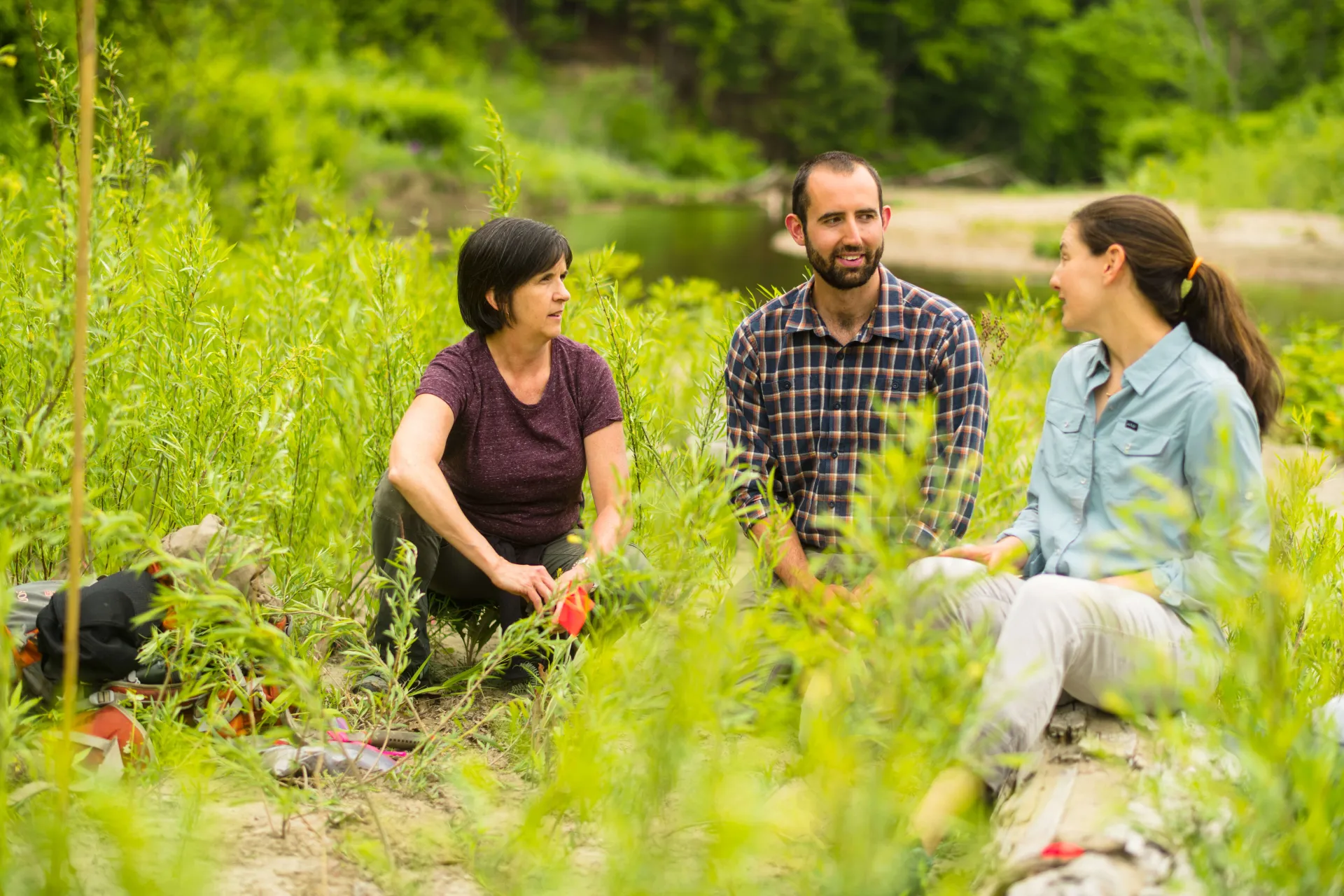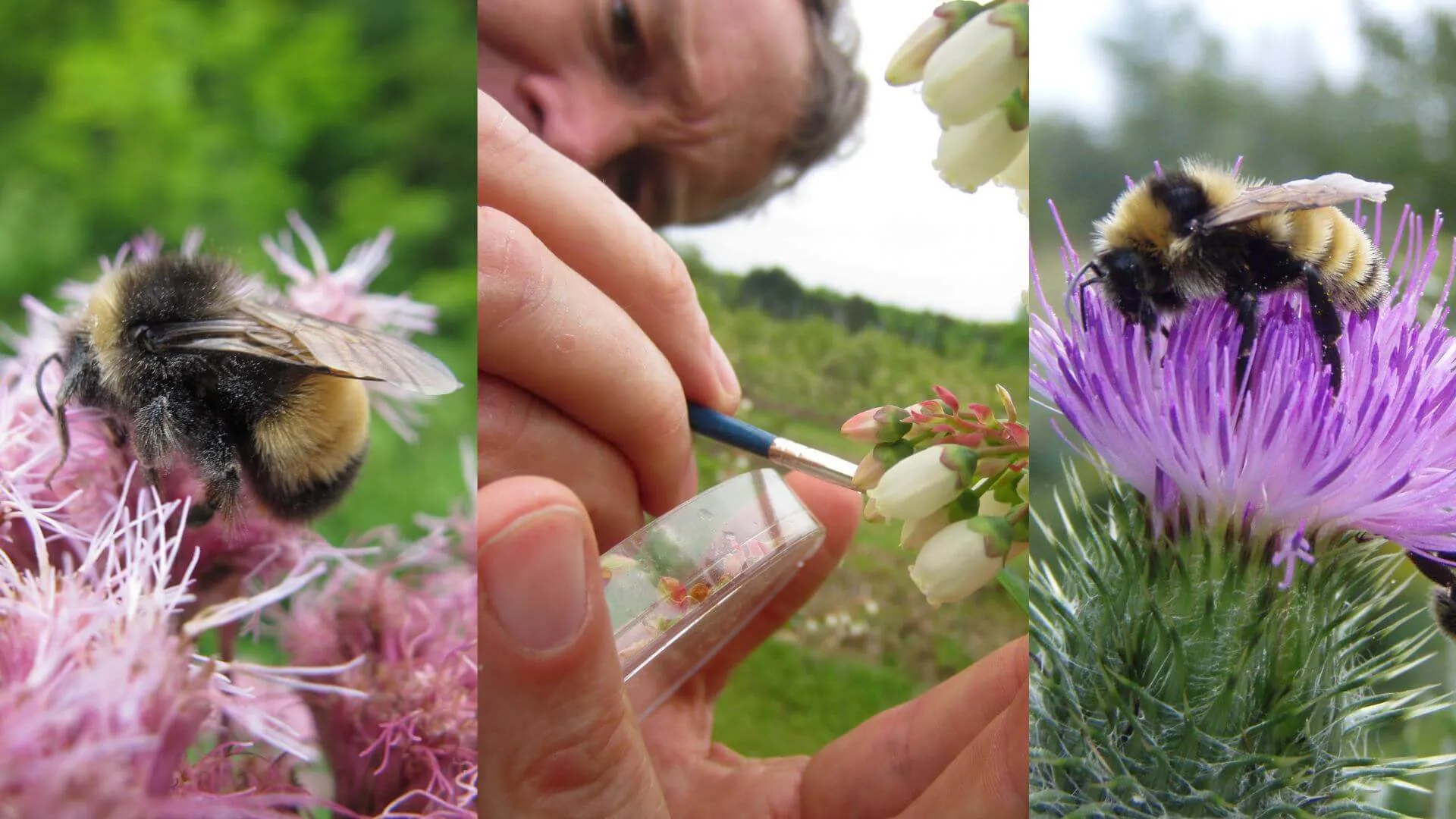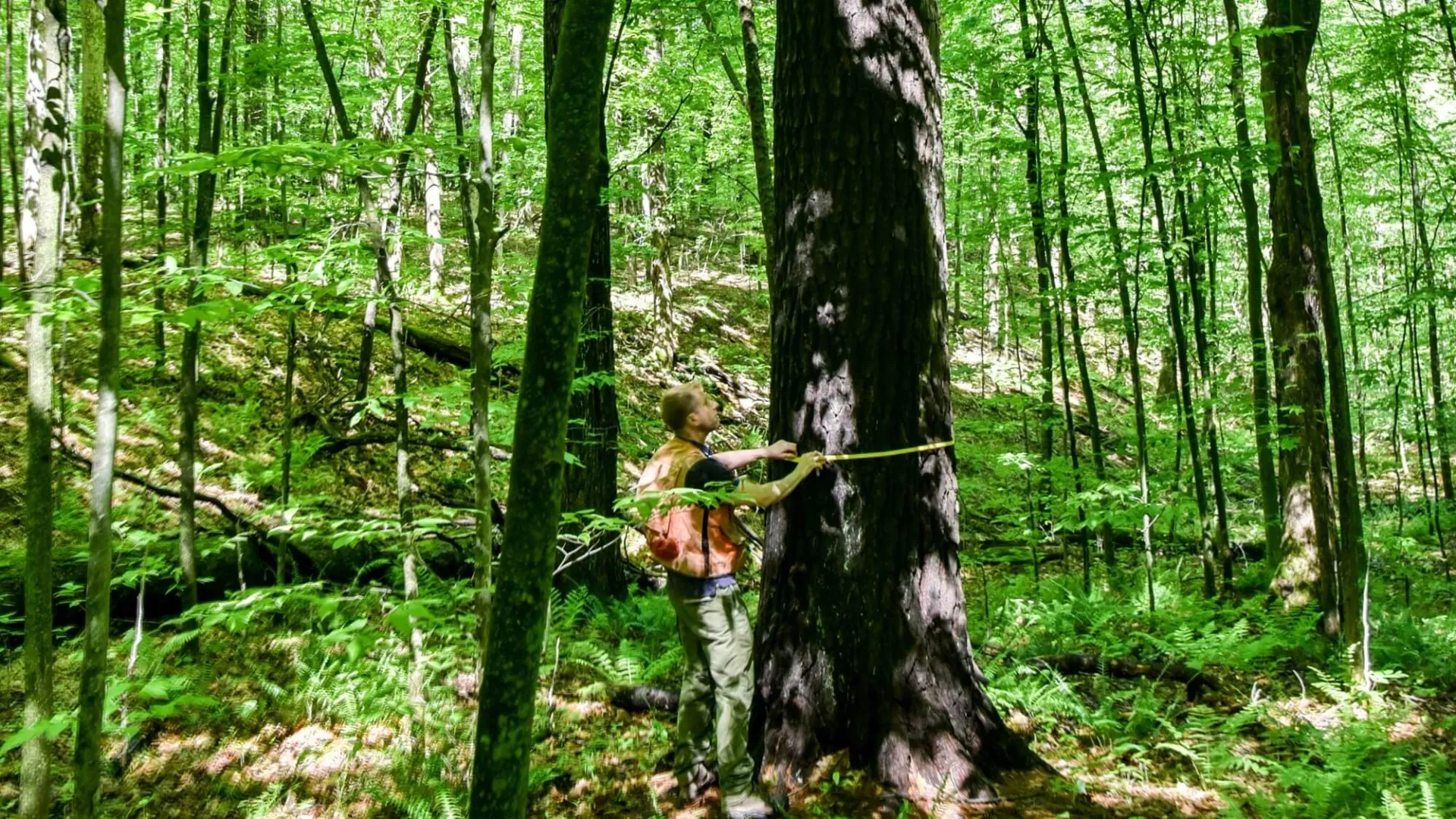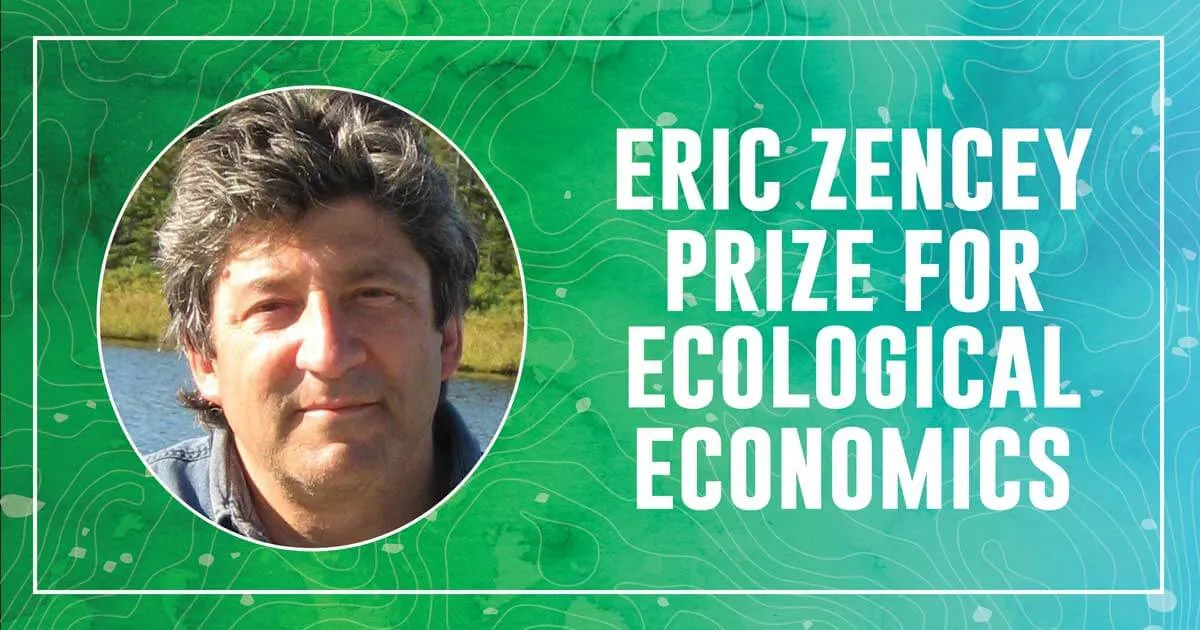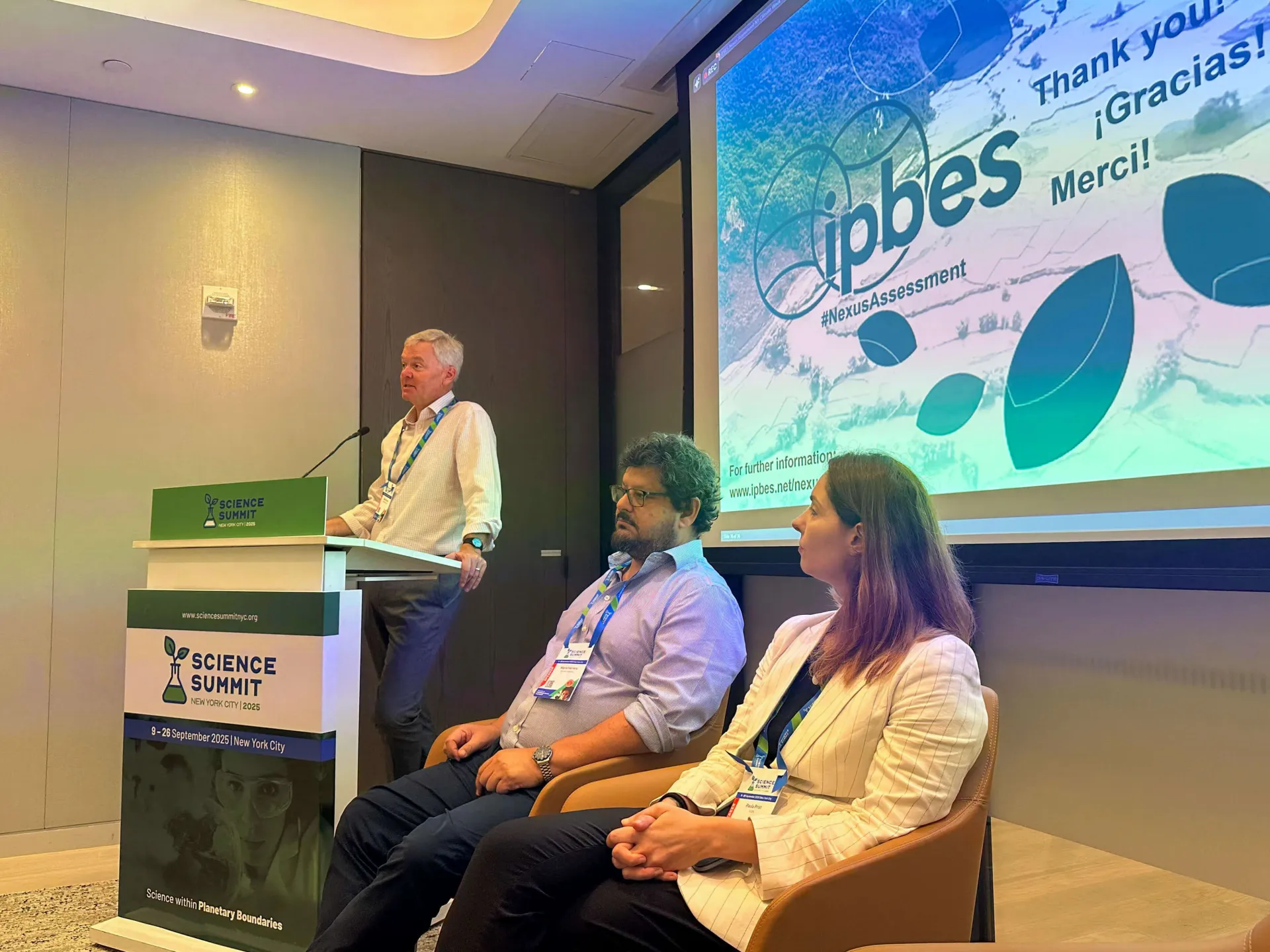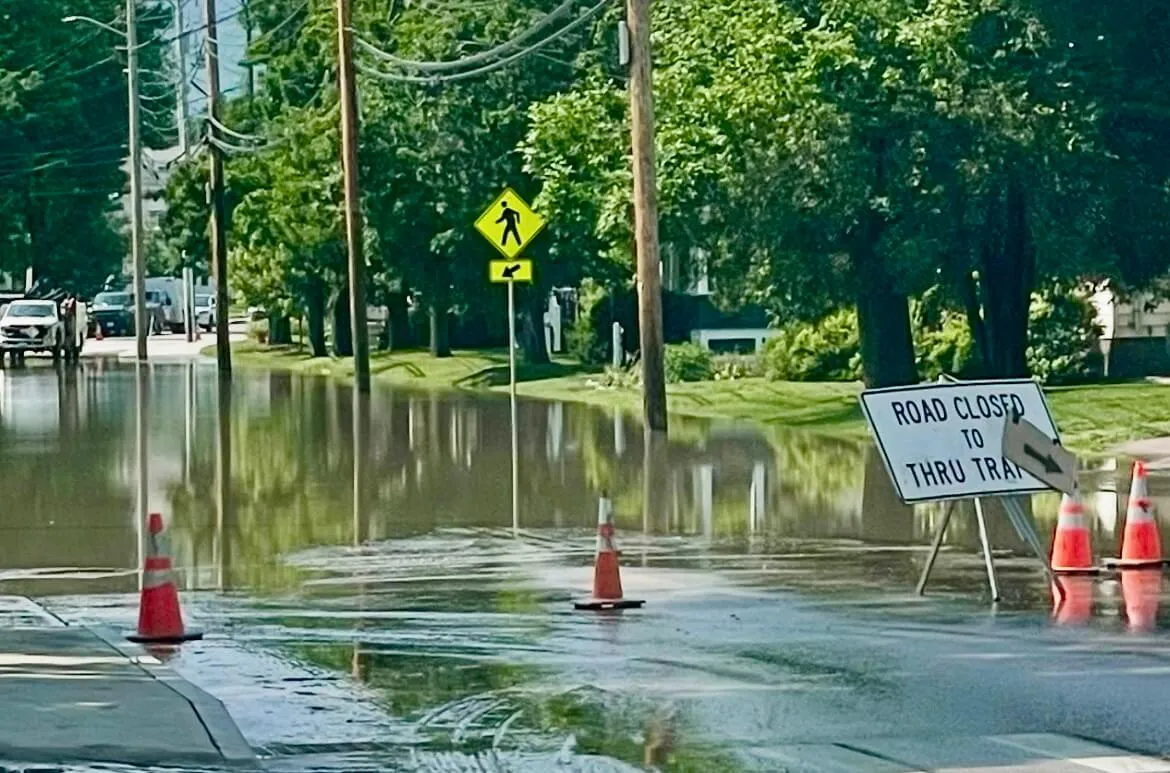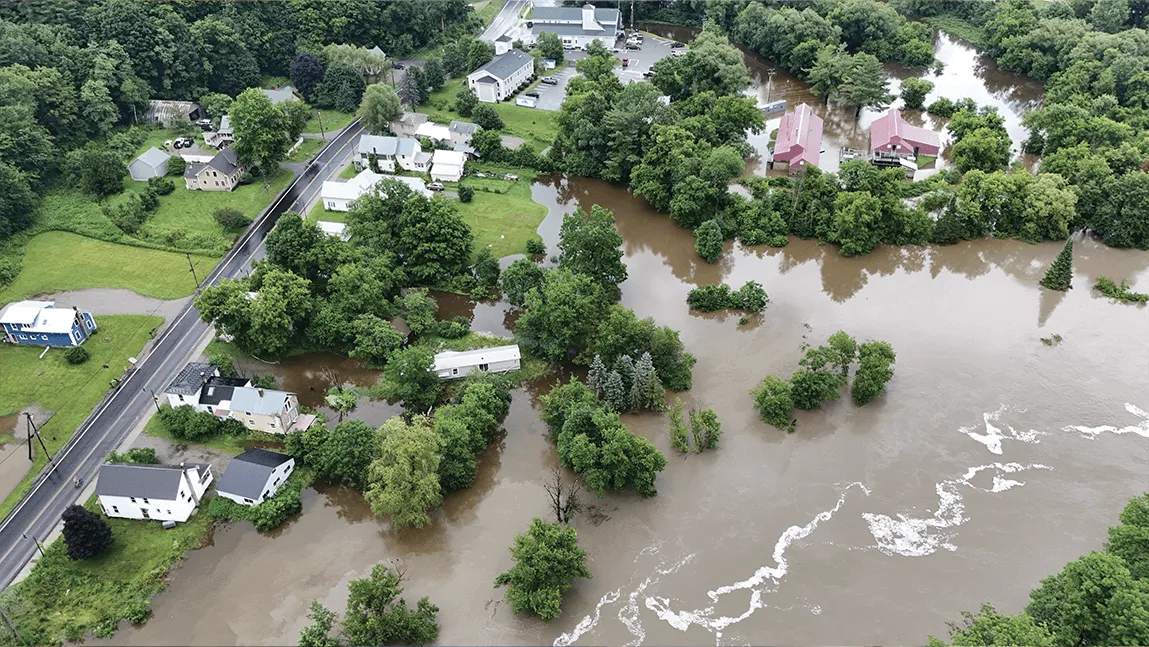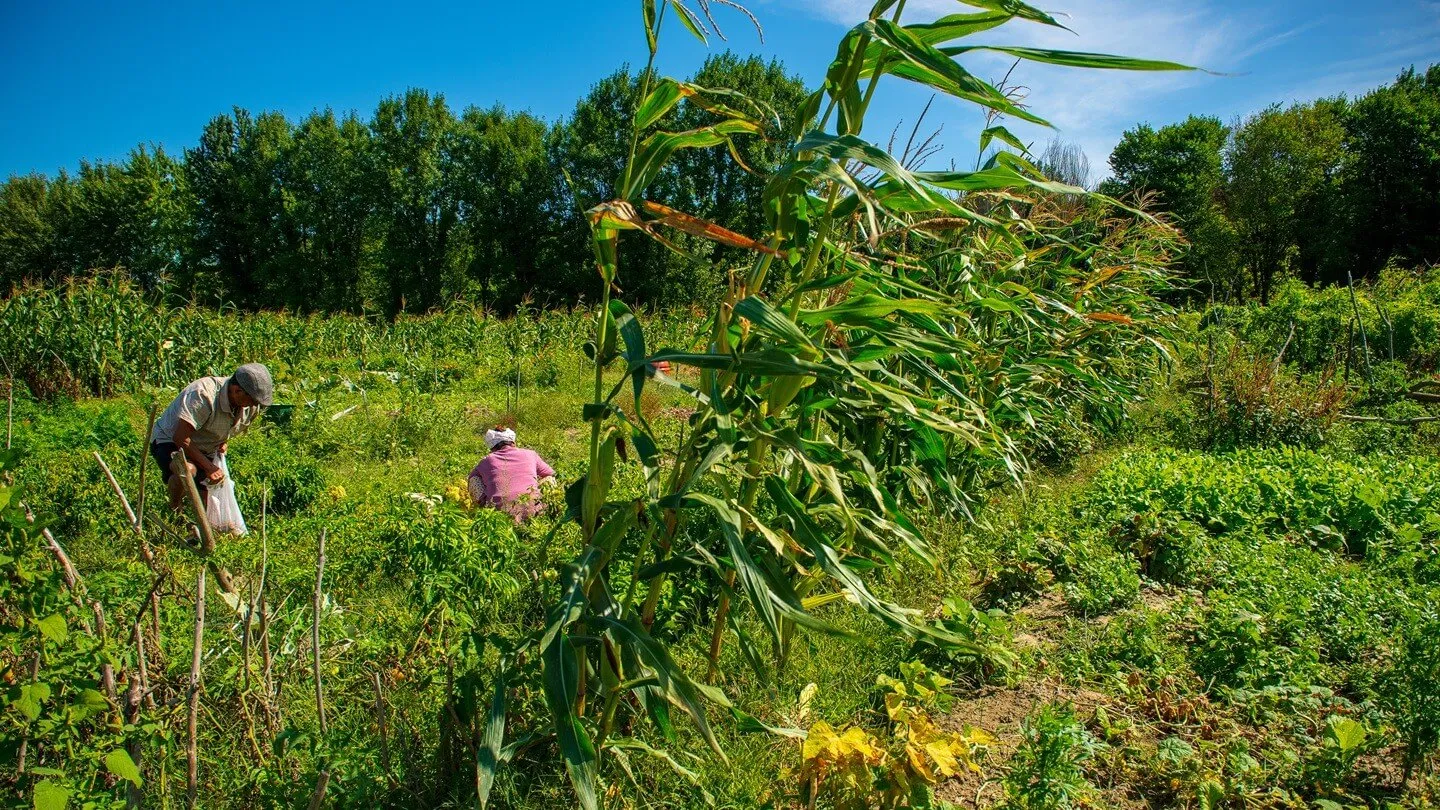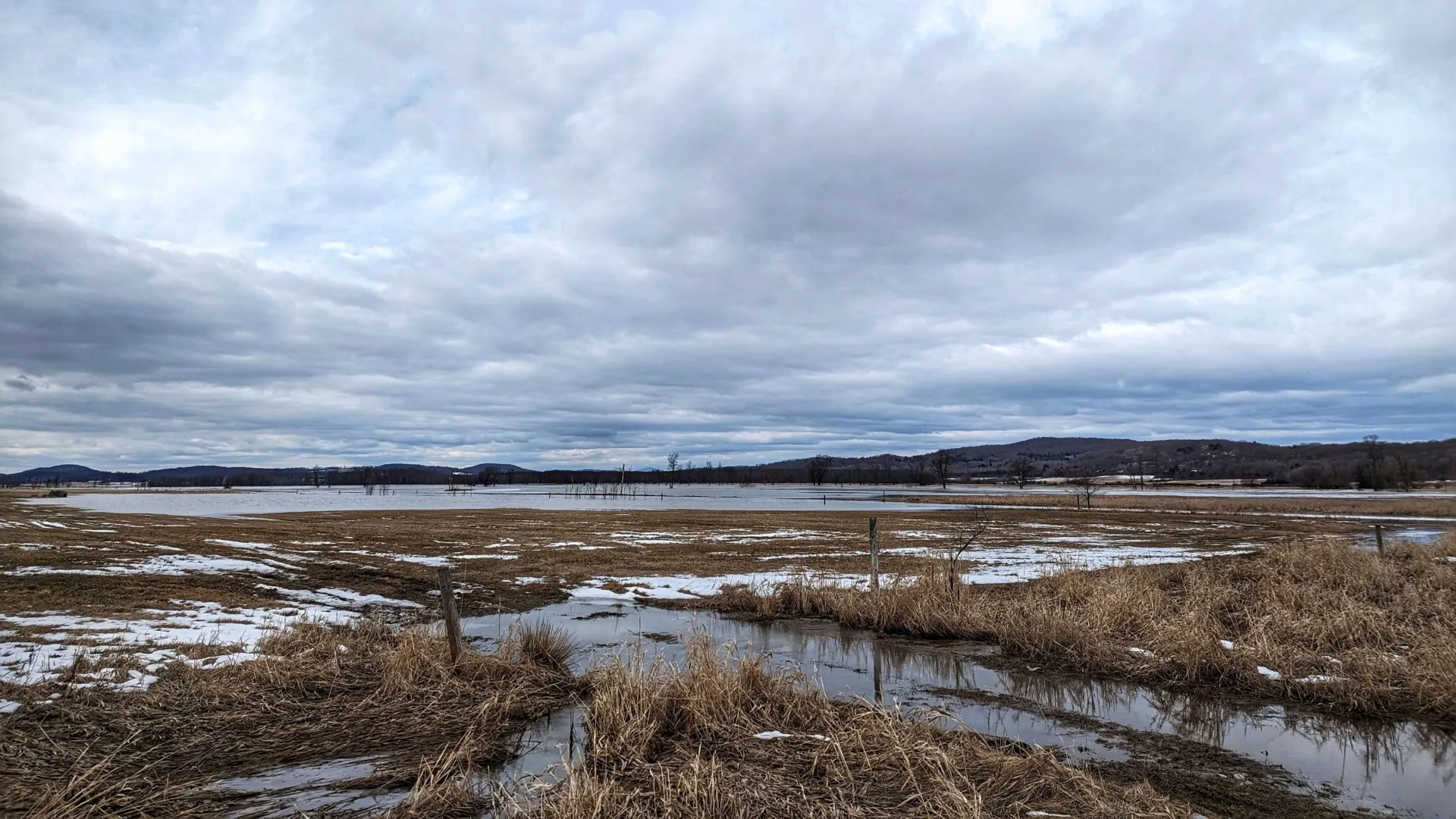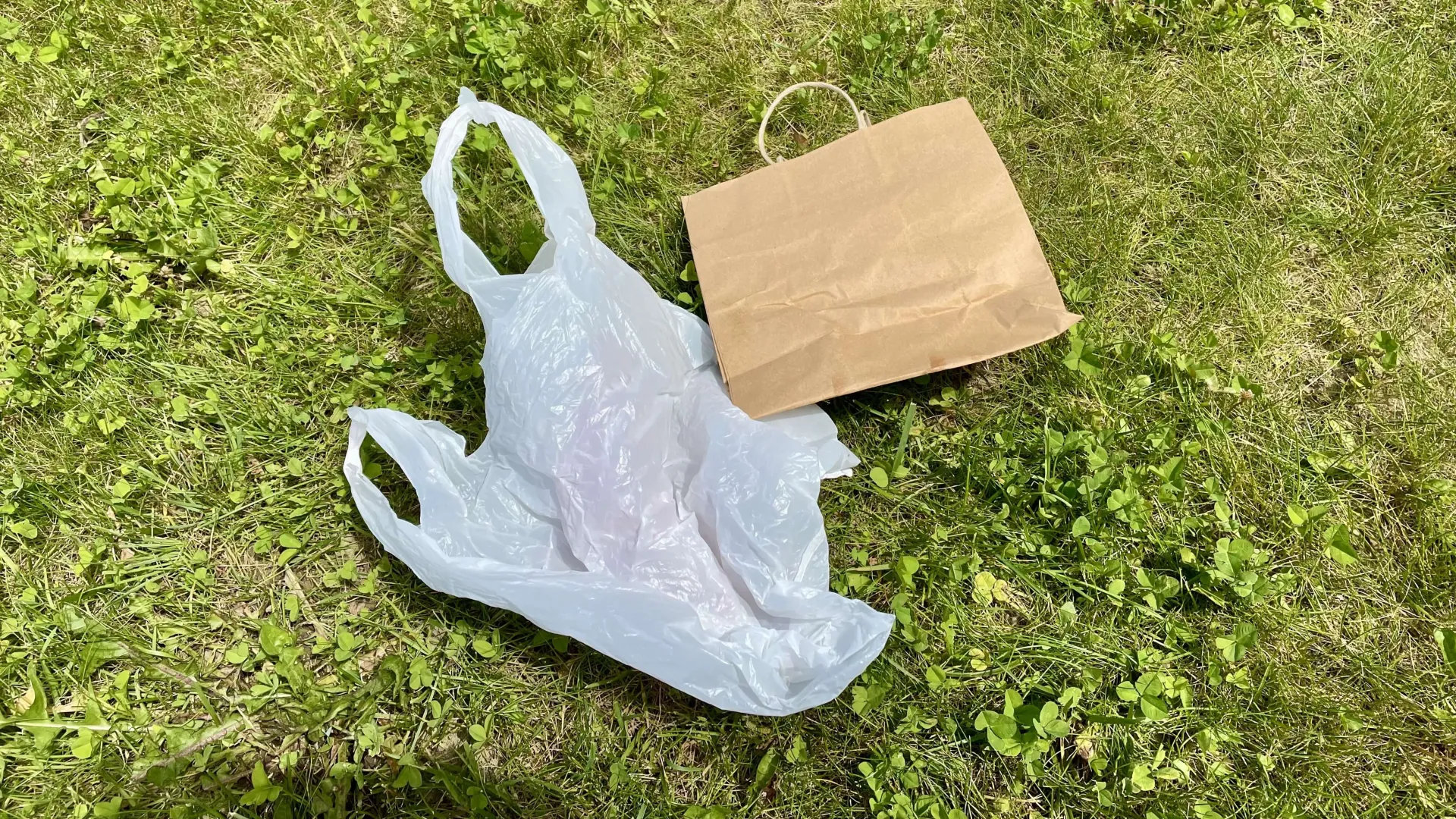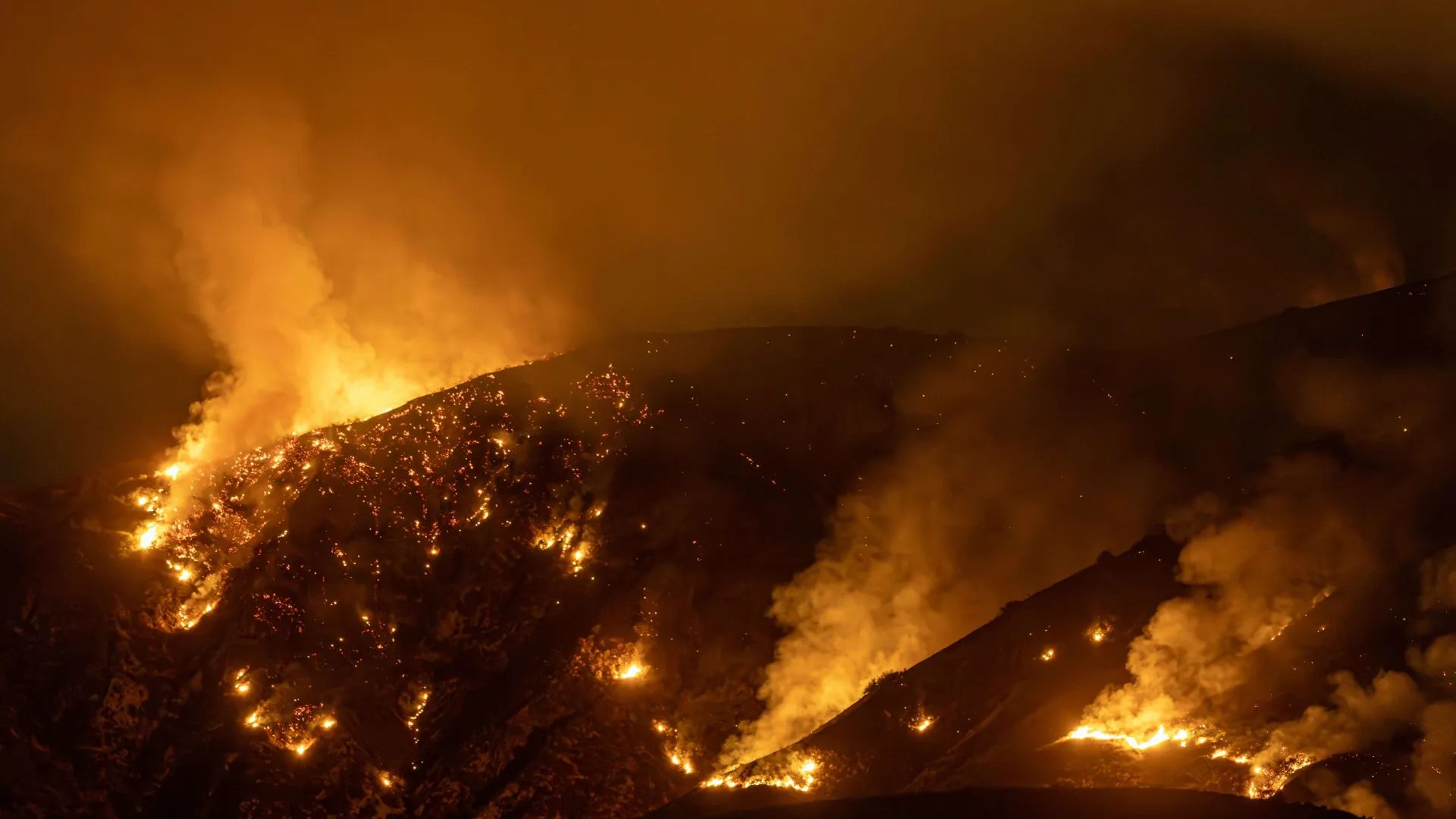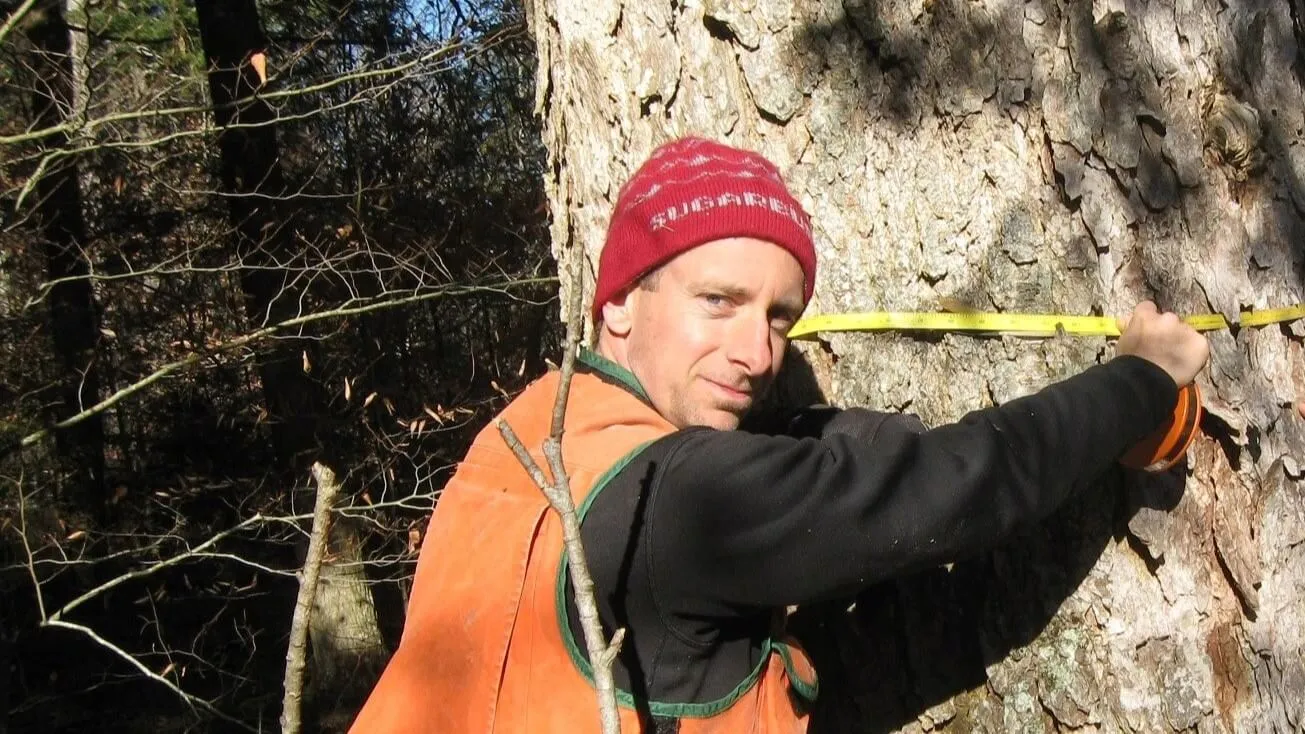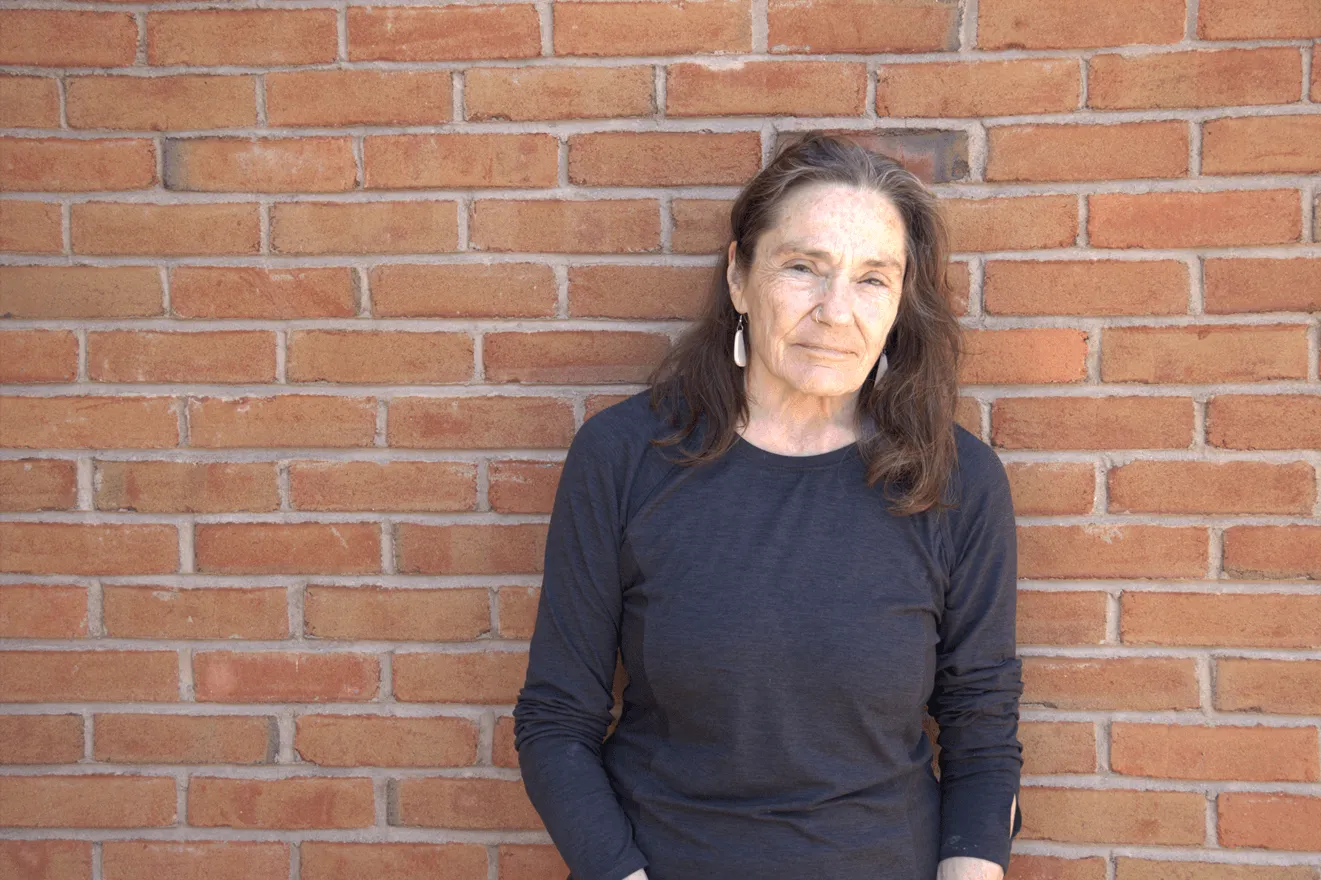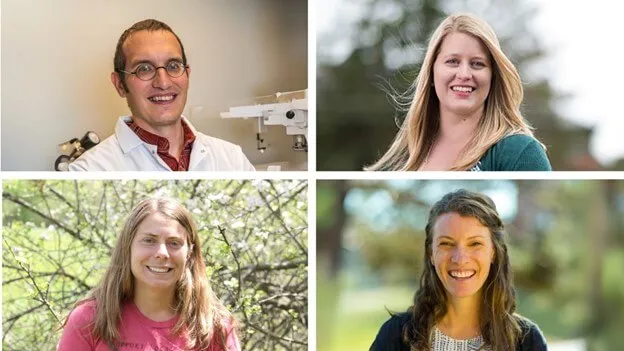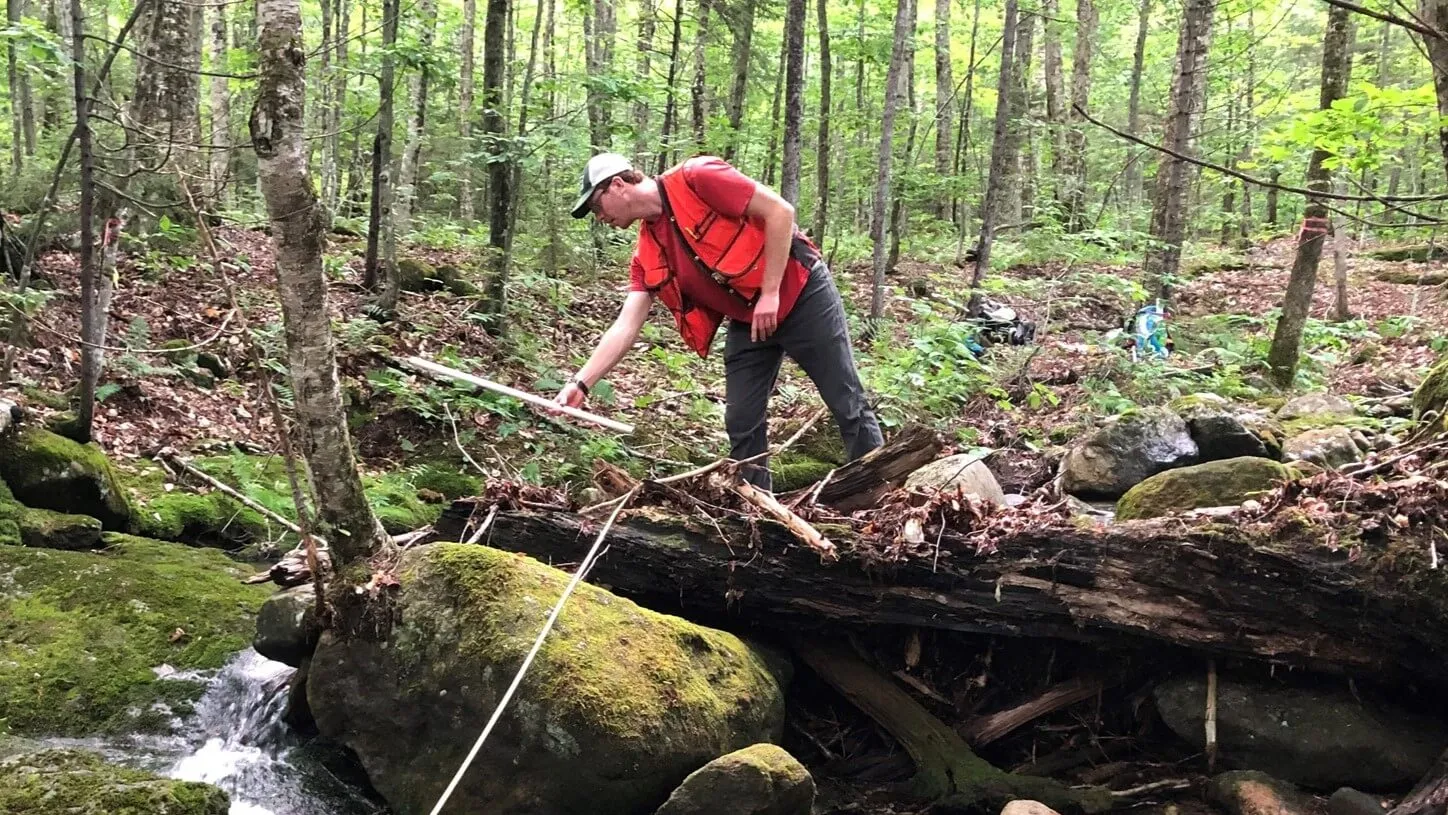Discover this year’s top stories from the Gund Institute for Environment, featuring groundbreaking research, real-world impact, and bold collaborations tackling today’s biggest environmental challenges.
Gund News
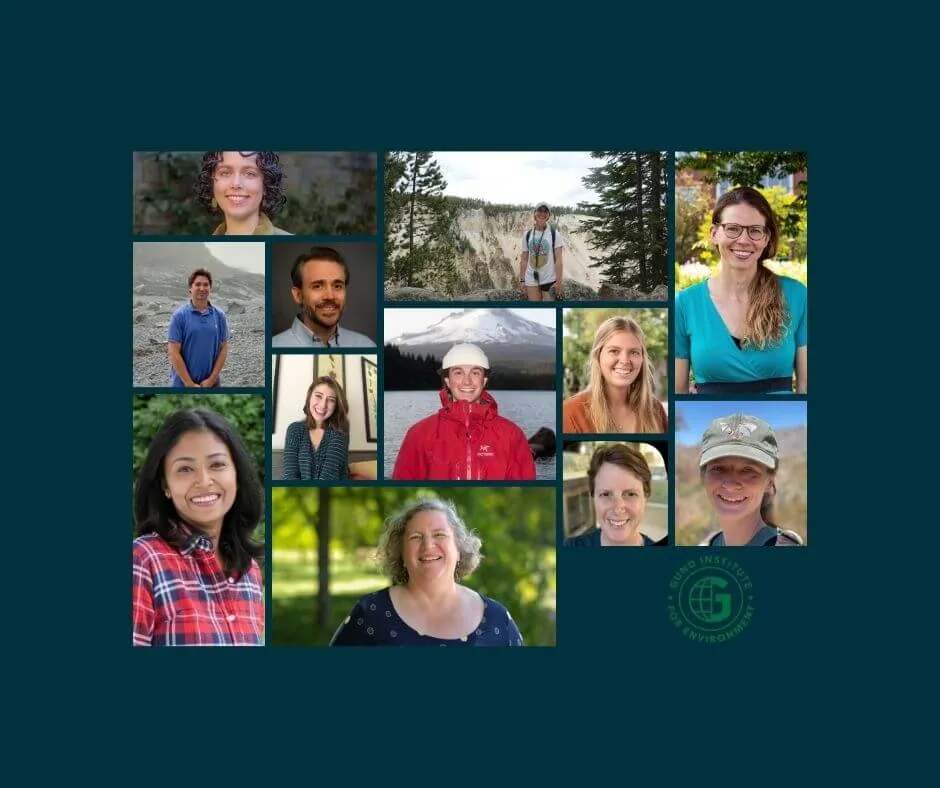
Gund Institute Welcomes 16 New Community Members in Spring 2026
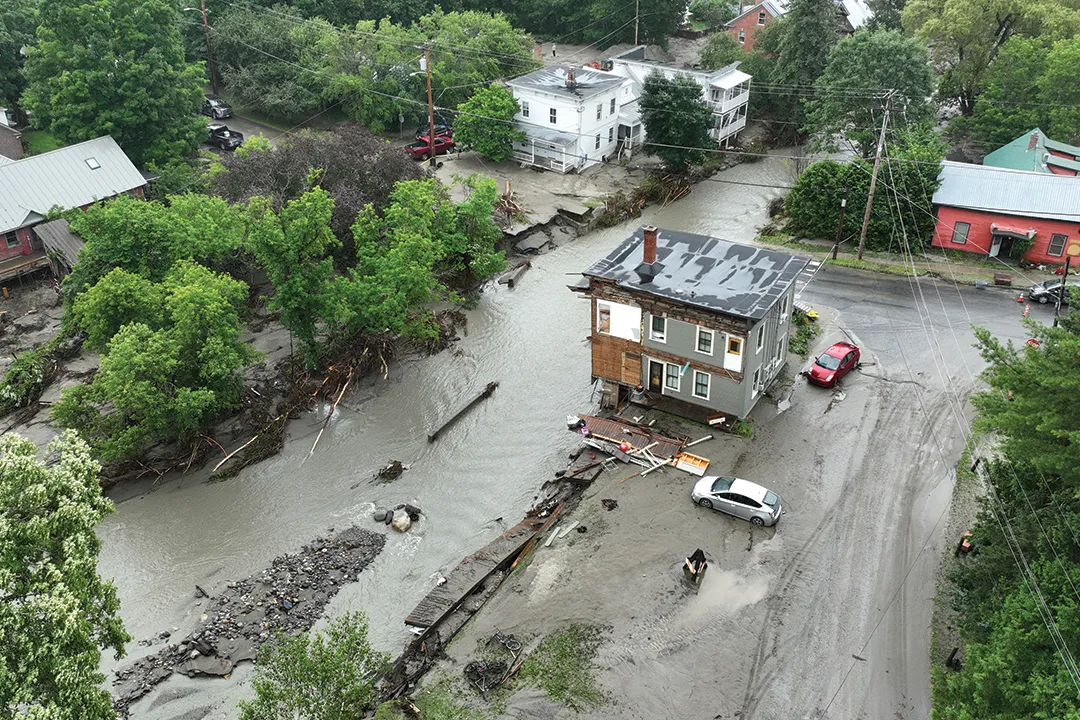
The Rising Risk of Flooding and the Role of Nature-Based Solutions
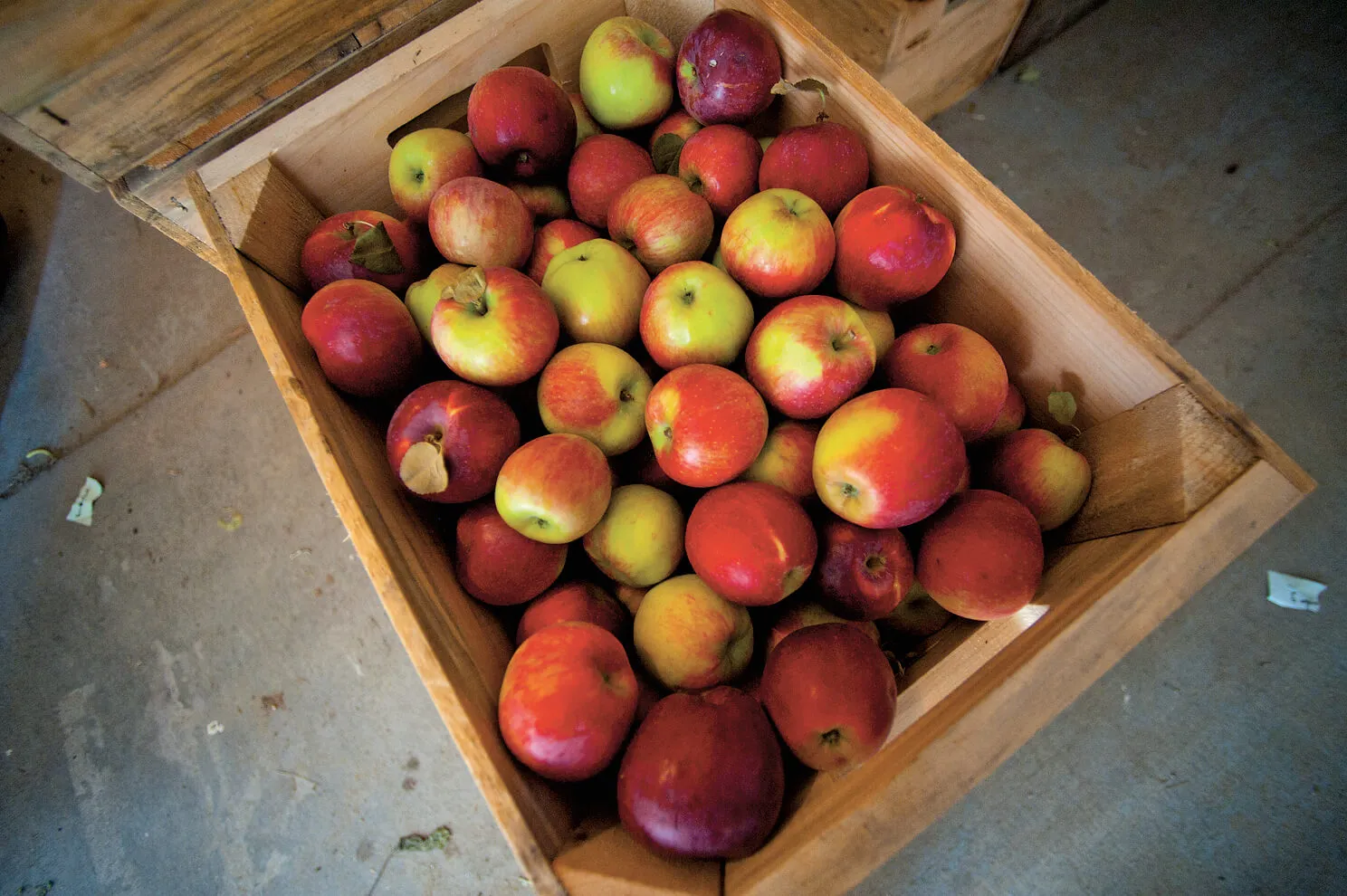
Video game reveals people value feeding their neighbors—even at a cost to themselves
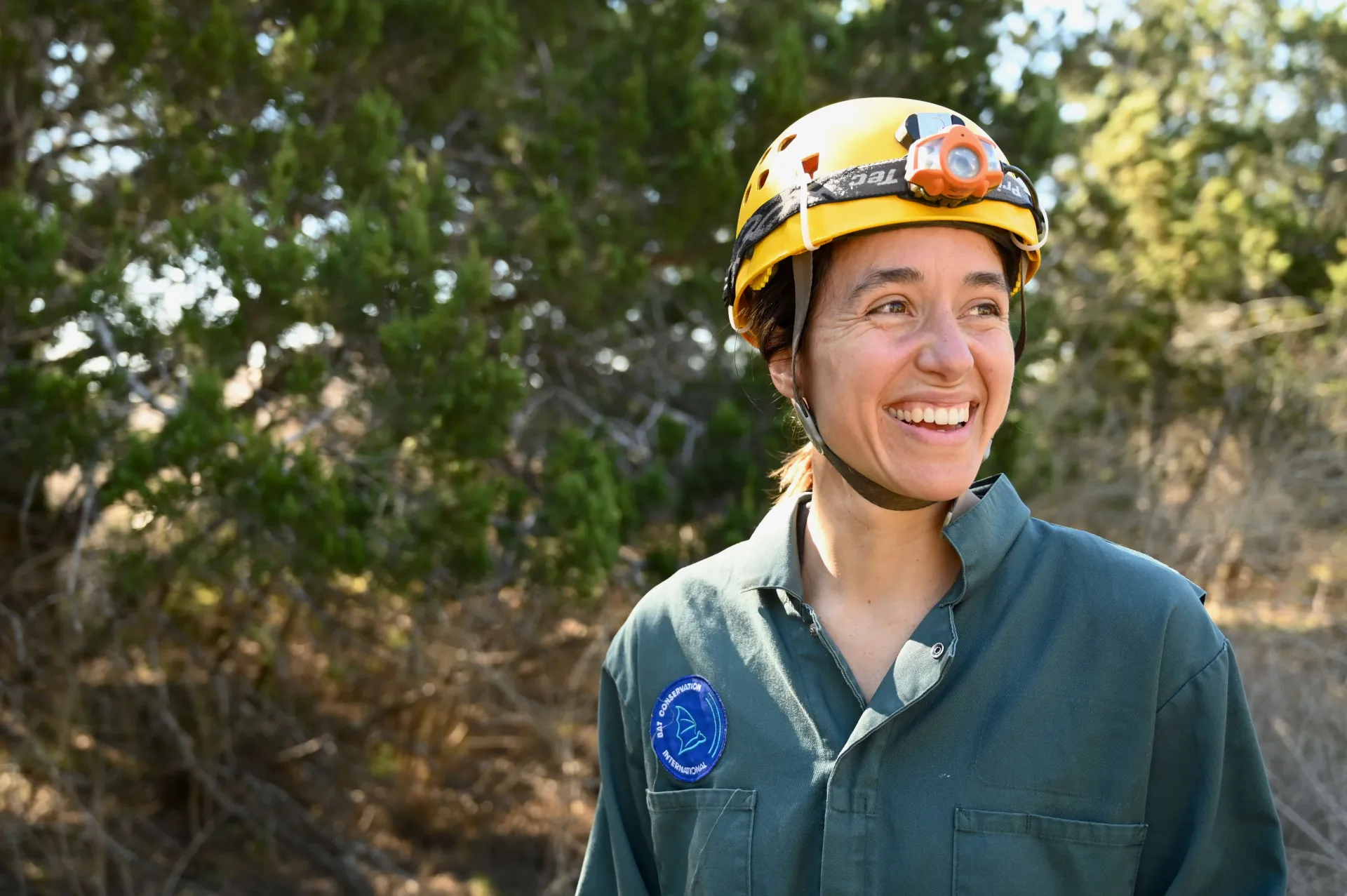
Q&A: Cats, Rats, Bats and the Power of the Pivot with Alumnus Luz Aura de Wit

Holistic Care Meets Planetary Health: UVM Researcher Lays Out a New Vision for US Health Care
Gund in the News
- Science Friday: A Lab-Grown Salmon Taste Test And More Foodie Innovations
- Shelburne News: Pollinator safari: A closer look at bees and behavior
- CBS News: Vermont drought is hitting dairy farmers hard as they turn to costly measures to care for cattle
- Inside Climate News: A Vermont Forest Tries a New Model of Growth, Diversity and Logging
- U.S. News and World Report: Want to Make America Great? Here's How
- Newsweek: Map Shows Where Wildlife is Under Threat
- Washington Post: Writing to the future is one of the most powerful climate actions you can take.
- Vermont Public: Dead trees in streams keep a surprising amount of carbon out of the atmosphere
- Time: Why Climate Change is Making Greenland More Desirable to Trump
- National Geographic: The Stunning Power of Whale Pee
- Boston Globe: Yes, New England Really Was Colder When You Were a Kid. Climate Change Makes Snowy Winters Feel Like a Treat
